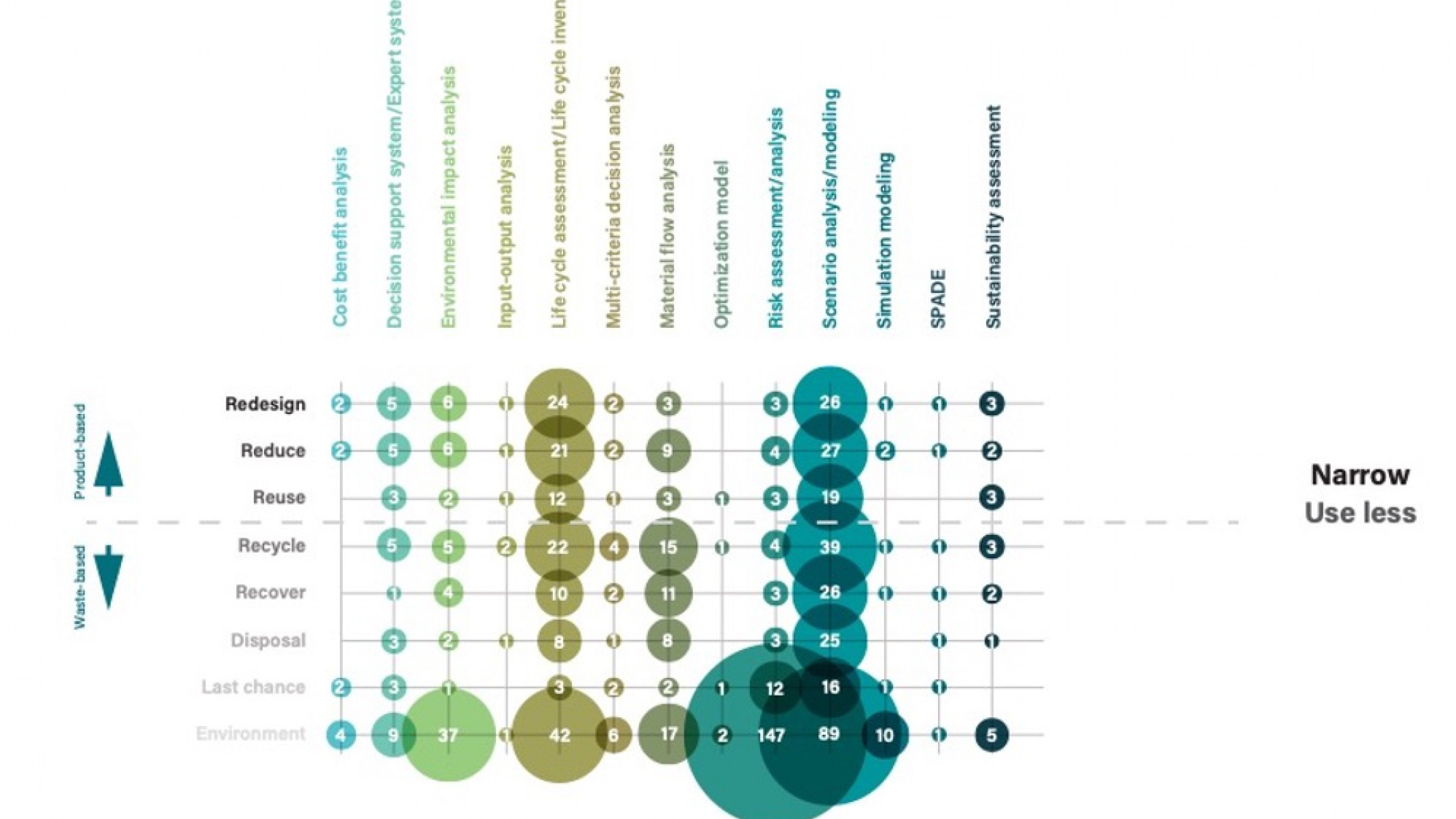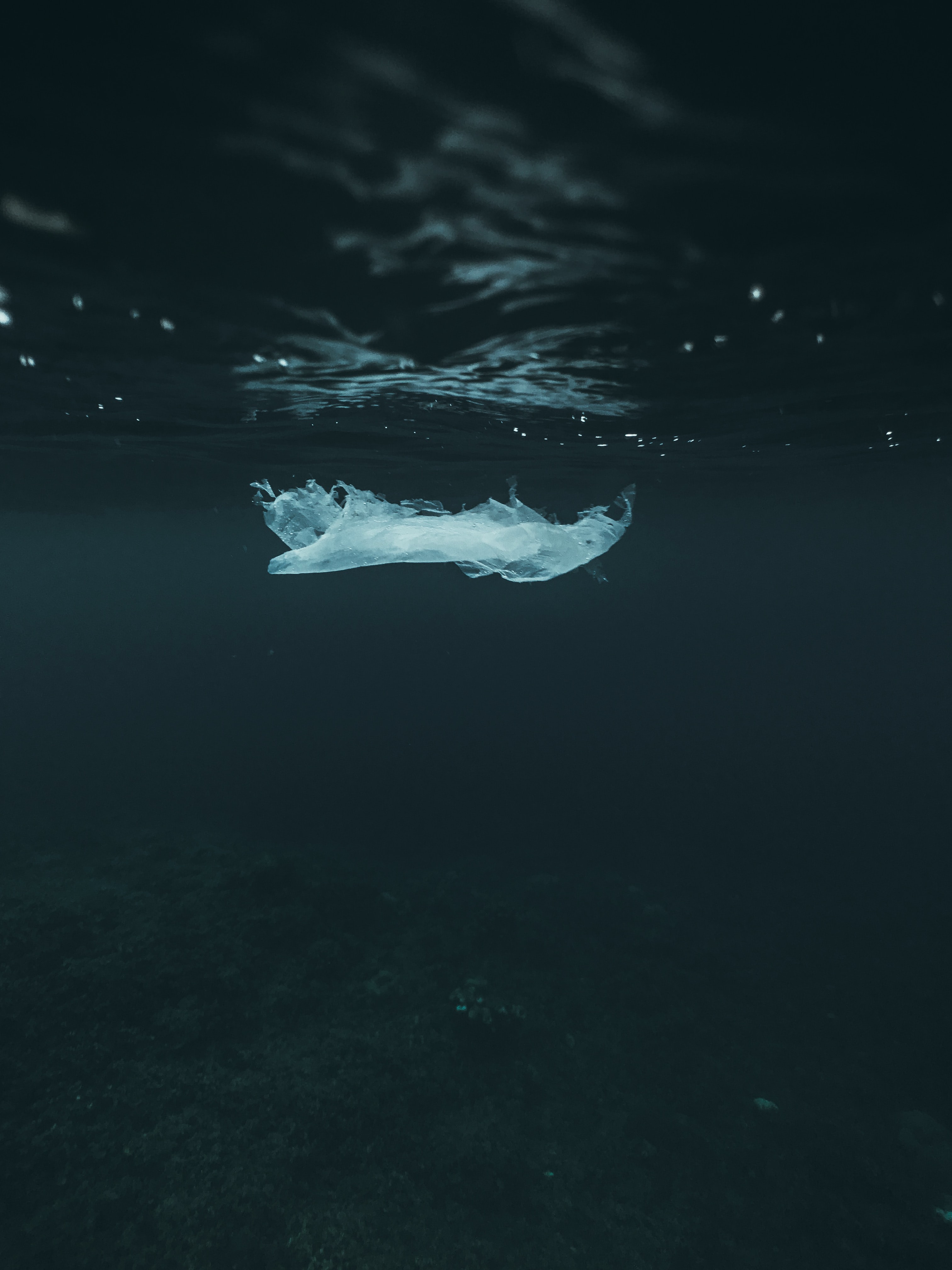Science on plastic pollution has for years been calling for holistic plastic policies that address all sources of plastic pollution and the full life cycle of plastics. The potentially first, global Treaty to End Plastic Pollution aims to address these policy gaps. However, stakeholders involved in the negotiation process have voiced their concerns over petrochemical states and industries halting the process and hindering the development of a science-based treaty. The fifth and final planned cycle of negotiations, INC-5, was held late last year, resulting in no final agreement due to the conflicting interests between the members aiming for a high-ambition treaty and those with vested interests in petrochemical production. However, positive developments were made at INC-5, as there’s now greater consolidation of the shared challenges. The upcoming cycle of negotiations, INC-5.2, will be hosted in Geneva in August this year, where the members will hopefully be brought closer to agreeing on a strong, science-based treaty. Despite the negotiation challenges, the delayed process creates an opportunity for advancing an effective and fair treaty that addresses the full life cycle of plastics.
Results
The goal of our analysis is to create an overview of how systems-based tools are applied in the plastic pollution literature, and to describe some of the possible implications of the current knowledge gaps on the general understanding of the plastic pollution problem and the development of a global plastics treaty. Given the breath of applications available when using systems tools, they are especially well suited for policy development and evaluation. By allowing complexity of problems to be assessed in conjunction with solutions, systems tools provide outlets to assess causal dynamics, intervention strategies and evaluation of policy impacts. We found sparse evidence of science-for-policy in systems-based literature, most of these studies addressing policy connections to plastic pollution that aim to inform policy rather than evaluating its impacts on the pollution problem.
Further, we find that literature using systems techniques begun expanding first around 2010, signaling of a relatively nascent research direction. Most studies that focus on a specific plastic size fraction investigate the impact of microplastics on particularly the marine environment. The systems literature seems indeed to be stuck downstream of the plastics value chain, placing uneven focus on the downstream effects of plastics, as visualized in figure 1.

Figure 1. The placement of systems tools along the waste hierarchy (Brooks and Havas 2025).
Additionally, we found that the systems-based literature, while having great potential to evaluate both the technical and economic, as well as socio-cultural aspects of the plastic pollution problem, is currently highly focused on techno-centric solutions.
With respect to the evaluation of plastics’ impacts on the different environmental compartments, the marine compartment appeared as the predominant observational setting for systems approaches. Studies looking explicitly on terrestrial or atmospheric pollution were far fewer, generally centered around risk assessments investigating microplastic pollution in e.g. urban air quality and agricultural soil. The geographical spread of the publications was concentrated on the high- and upper-middle-income countries, China having the greatest representation by country, followed by Australia, Italy, the United States and India. No studies are published in low-income countries, highlighting a meaningful geographical gap in research, as these regions are often net importers of plastic waste and are experiencing growing plastic consumption domestically.
Conclusion
Our analysis reveals both the promise and limitations of systems methods in addressing plastic pollution. While flexible in their capabilities and applications, these techniques remain siloed in downstream applications, particularly focused on microplastics in the marine environment. Shifting to incorporate more systems applications in upstream considerations of the whole plastic life cycle could lead to strengthening the design and implementation of product-focused rather than waste-focused policies that are needed for a robust global plastic treaty. To support an ambitious science-based treaty and the call for more holistic research, we argue for a broader application of systems analysis tools in plastic life cycle literature. Systems analysis methods can combine interdisciplinary approaches to improve the understanding of the structure and dynamics of complex societal challenges such as plastic pollution, improving the efficiency of sustainable science-based policymaking. Ultimately, we argue that a wider application of systems analysis tools can strengthen the potential UN Treaty to End Plastic Pollution and subsequent policy developments. By expanding these methods across technical and non-technical domains, we can better evaluate and improve the effectiveness of plastic pollution interventions at all scales and contexts.
Read the full text here: https://doi.org/10.1038/s41893-025-01554-4
Or send a request for full text to vilma@salt.nu.
